Vietnamese scientist invents communication app for disaster-affected localities
(VNF) – Dr. Duong Quang Trung, a young scientist from Hoi An town, Quang Nam province was the winner of the prestigious Newton Prize 2017. His project on wireless communication was inspired by the aspiration to enhance sustainability in disaster-affected locality like his homeland.
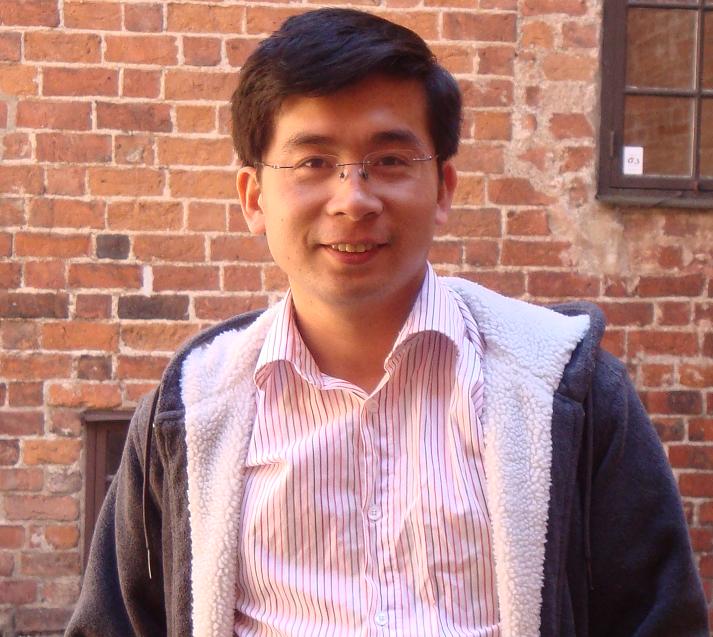 |
Dr. Duong Quang Trung (source: Queen's University of Belfast)
Dr. Trung currently is a Reader (Associate Professor) at Queen's University Belfast, UK.
With the project entitled: “Building a Foundation for Sustainable Development: ''Networked Societies” for the Cities of Tomorrow”, Dr. Trung and Dr. Vo Nguyen Son from Duy Tan University (Da Nang city) were awarded the 2017 Newton Prize Vietnam worth £ 200,000.
The Newton Prize, launched by the Newton Fund (part of the UK’s official development assistance (ODA), is awarded for the best research that promotes economic development and social welfare in developing countries by an independent Newton Prize Committee, chaired by Sir Venkatraman Ramakrishnan, President of the Royal Society and Nobel Prize winner.
Trung and Son’s joint invention, the so-called “Integrated Heterogeneous Wireless System” (IHWS) allows the transmission of wireless communications in disaster situations, especially when communications networks are seriously impaired, power supplies are disrupted or disabled, or communications networks congested.
 |
The system also provides early warning of natural disasters by detecting changes in water levels, seismic vibrations and wind speeds, in locations vulnerable to natural disasters. In big cities, the system can also detect sudden increases in dust concentrations, temperatures, noise levels and CO2 gas emissions, allowing quick solutions and limiting the impact of urbanization on daily living standards.
Remarkably, IHWS can withstand natural disasters such as an earthquake, tsunami or hurricane. It can cope with issues such as physical destruction of telecommunication networks, lack of power supply and network congestion.
 |
The project also wins a prize for the most outstanding research project at the 2016 IEEE GLOBECOM in Washington D.C., the US (source: Duy Tan University)
The project’s 27 publications were published in international ISI journals and 18 were presented at international scientific conferences. The project also won a prize for the most outstanding research project at the 2016 IEEE GLOBECOM conference, the biggest international telecommunications event.
According to Dr. Trung, the invention was inspired by what he has observed in his hometown, Hoi An, Quang Nam province. “Being born and raised in Hoi An town, Quang Nam province, which is one of the most vulnerable areas to natural disaster in Vietnam, I saw many horrific disasters like storms and floods. I promised myself that one day I would make a positive impact in Vietnam and give something back to the country that I grew up in. I vowed to help solve some of the many problems for the citizens of Vietnam when they face a natural disaster.”
“In addition, we have trained more than 160 lecturers/PhD and MSc students from 20 universities, private and public sector in Vietnam through our two summer schools, one extended seminar, and two international conferences. These activities aimed to improve knowledge and research skills for current or prospective PhD students who are developing their interests in academic research” he talked about how the award-winning project is broadcast among the academic community.
According to Dr.Trung, from 2005 to 2014 alone, Vietnam was affected by 649 natural disasters, making 10 thousand casualties and destroying 1.5 million homes. Although Vietnam has been making great efforts to reduce the impact of natural disasters and to limit pollution, scientific and technological solutions are not being effectively researched and implemented. He therefore wants to extend IHWS in the country, stressing that the cash prize of £200,000 will allow him and his team of UK-Vietnamese researchers to take the project to the next level and work with key telecommunications companies in Vietnam.
“By doing so we can provide citizens with better warning, measurement tools and education initiatives,” the young scientist added.
At the moment, IHWS has been deployed in locations with recurring natural disasters, in Quang Nam and in the rapid urbanization of Danang, and Trung wishes to extend it.
In Vietnam, 70% of the country’s population is at risk from natural disaster, particularly the rural and urban poor. In the past two decades, disasters have claimed more than 13,000 lives and caused £5.2billion of damage. Power cuts and signal blackouts are common during a natural disaster, which causes difficulties for emergency services.
Natural disasters’ impact is worse for those in remote and isolated areas with no access to ICT facilities which are essential in providing vital warnings and aiding rescue missions./.
*About Dr. Duong Quang Trung
Dr. Duong Quang Trung currently is a Reader (Associate Professor) at Queen's University Belfast, UK. He received PhD degree in Telecommunications from Blekinge Institute of Technology, Sweden in September 2012.
He is author of more than 280 technical papers (including 157 ISI journals). He has been a visiting scholar at NYU-Poly (USA) and STUD (Singapore). He has been awarded the Best Paper Award at the 77th IEEE Vehicular Technology Conference (VTC) 2013, the IEEE Internatinal Conference on Communications (ICC) 2014, and IEEE Global Communications Conference (GLOBECOM) 2016.
Dr. Trung has been serving as Chair of several IEEE conferences and workshops, and serving as TPC member for GLOBECOM, ICC, WCNC, PIMRC, VTC. His current research interests include cross-layer optimization for multimedia application, cooperative communications, cognitive radio networks, physical layer security, massive MIMO./.
( Phi Yen )
Recommended
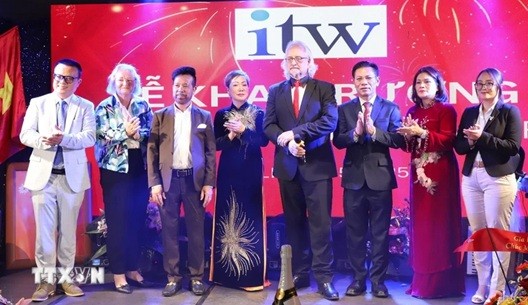 Overseas Vietnamese
Overseas Vietnamese
Language and Vocational School for Vietnamese launched in Germany
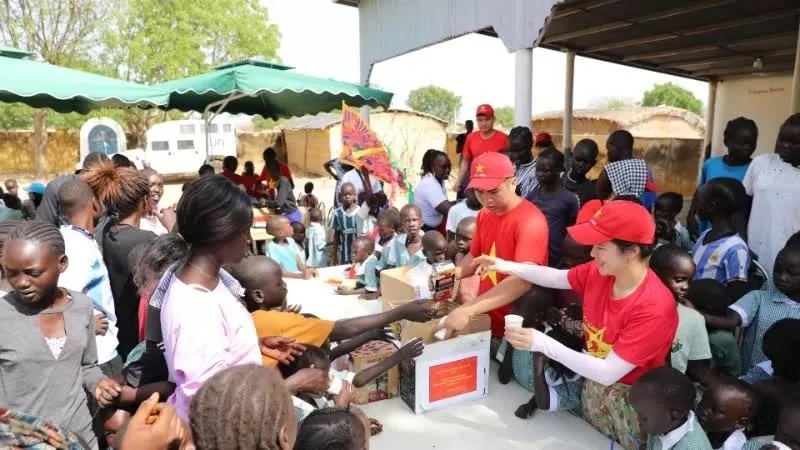 Overseas Vietnamese
Overseas Vietnamese
A Heart-warming International Children's Day in Abyei
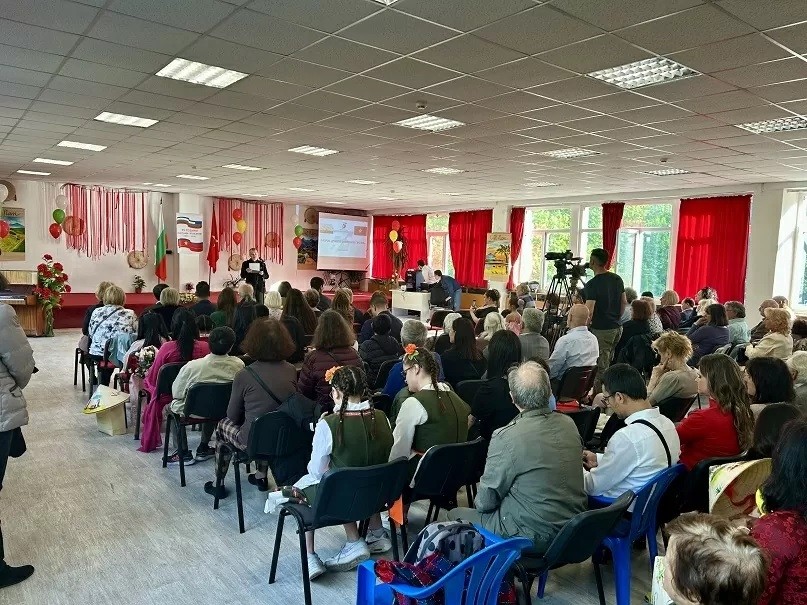 Overseas Vietnamese
Overseas Vietnamese
Art Program Deepens Vietnam-Bulgaria Cultural Exchange and Friendship
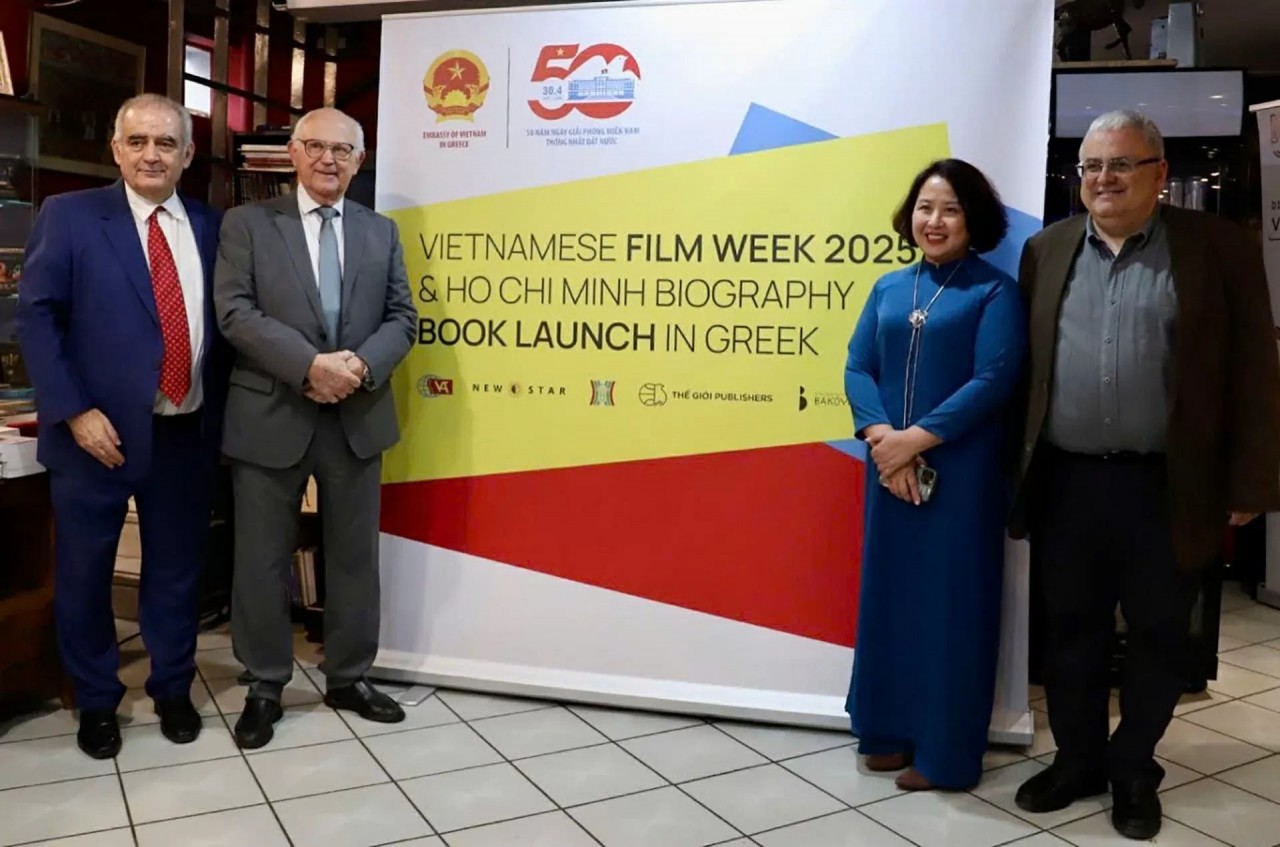 Overseas Vietnamese
Overseas Vietnamese
First Vietnamese Film Week Opens in Greece
Popular article
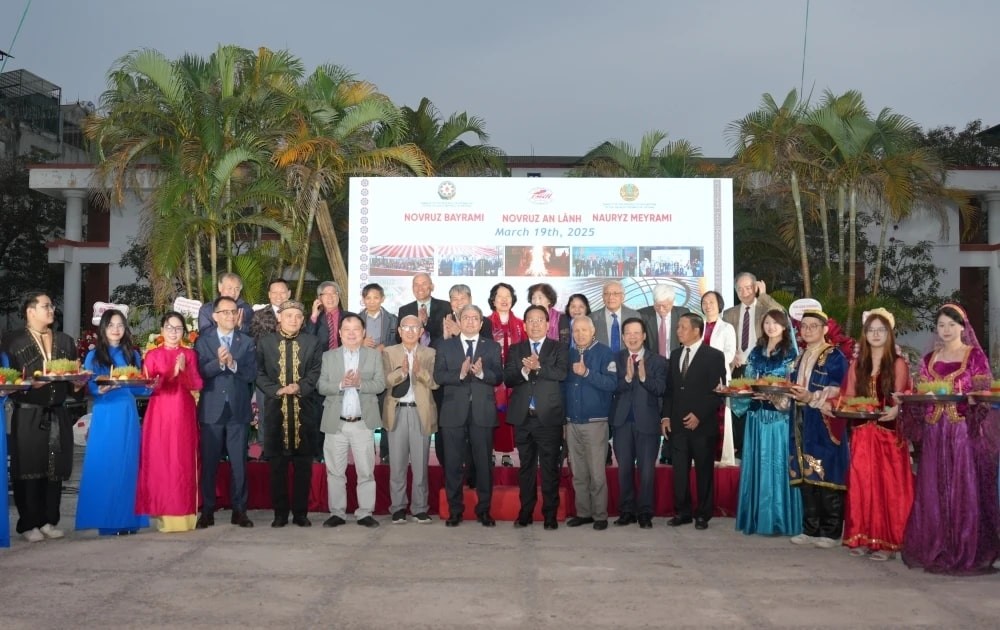 Overseas Vietnamese
Overseas Vietnamese
Strong Bonds Between Vietnam And Belarus, Azerbaijan, and Kazakhstan
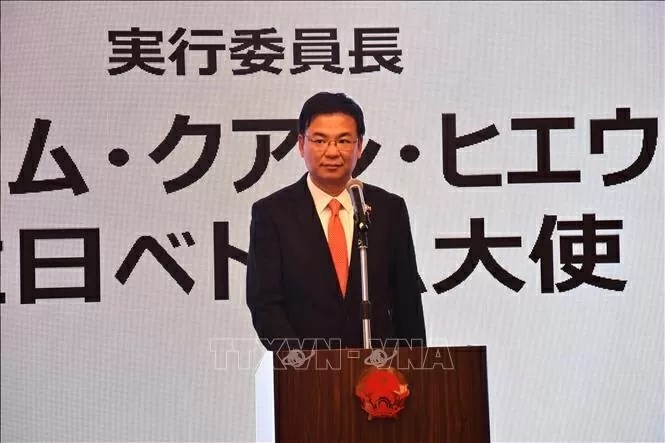 Overseas Vietnamese
Overseas Vietnamese
Vietnam Festival in Tokyo To Be Held for 18th Time
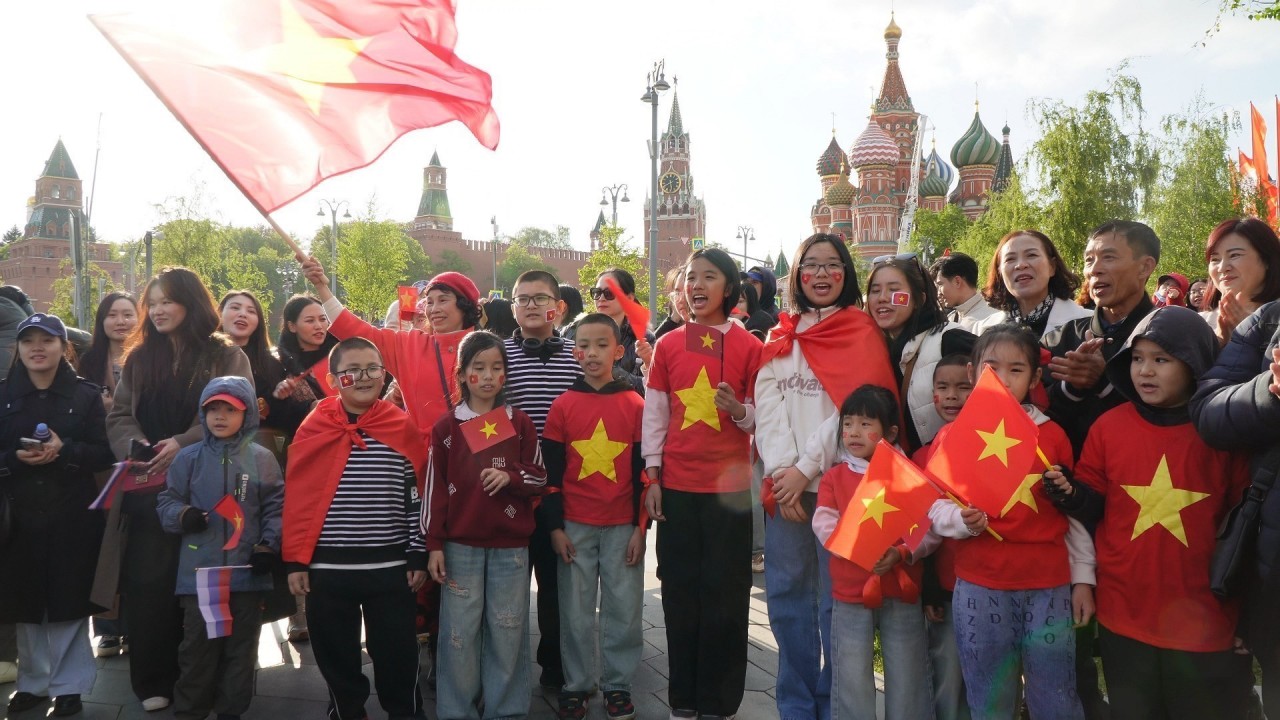 Focus
Focus
Overseas Vietnamese in Russia Welcome Vietnam People's Army Delegation at Red Square
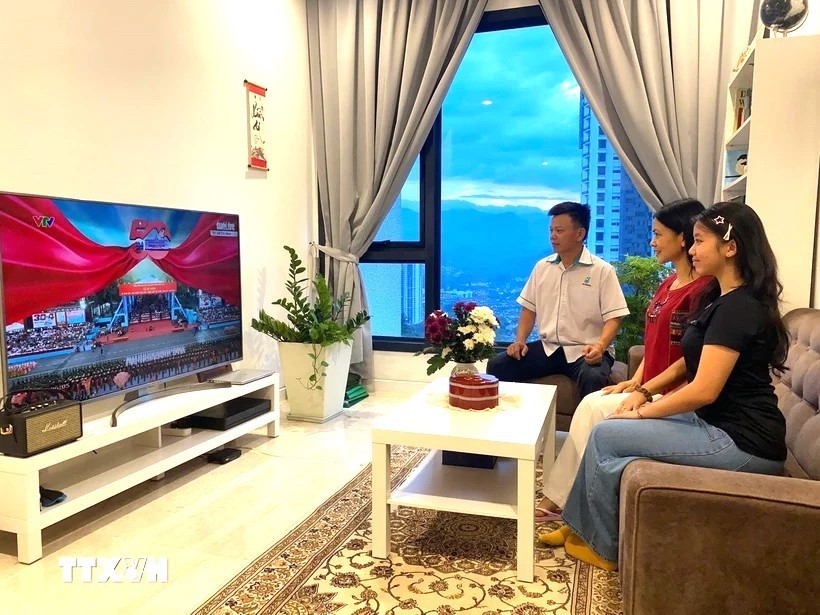 Overseas Vietnamese
Overseas Vietnamese



